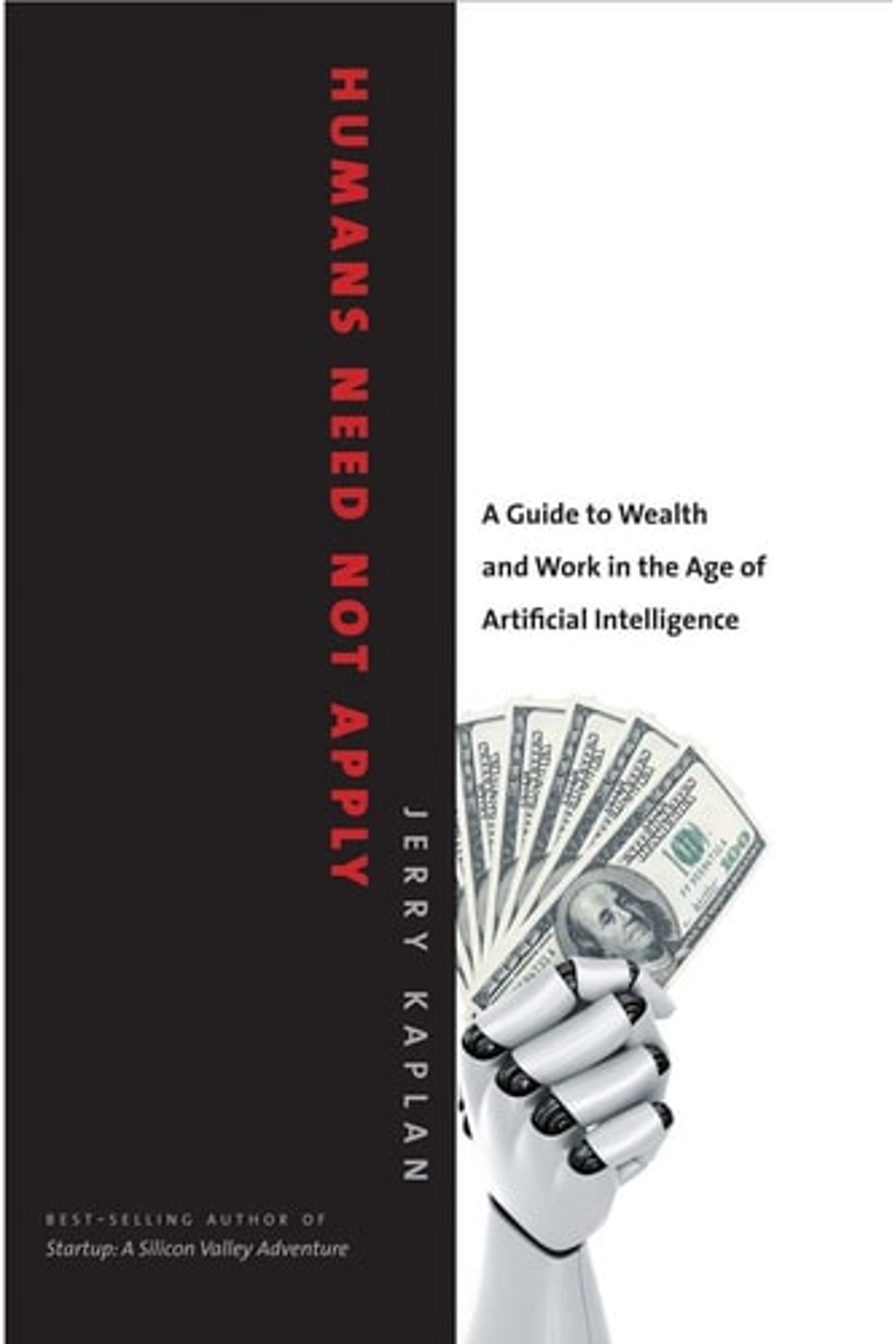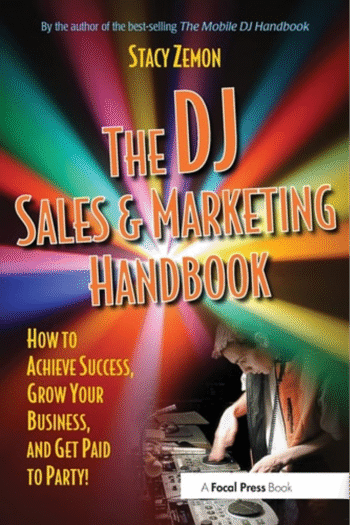Uncover the future of work in the age of AI with Jerry Kaplan’s “Humans Need Not Apply.” This insightful hardcover explores the rapid advancements in artificial intelligence and their profound impact on our jobs, economy, and society. Kaplan, a Silicon Valley veteran, doesn’t shy away from the hard questions, examining the potential for both unprecedented wealth and widespread job displacement. He proposes innovative solutions to address income inequality and ensure a future where AI benefits everyone. Dive into this Economist-acclaimed book to understand the challenges and opportunities that lie ahead in the age of intelligent machines. A must-read for business leaders, policymakers, and anyone seeking to navigate the AI revolution.
Humans Need Not Apply: A Guide to Wealth and Work in the Age of Artificial Intelligence
19,48 $
In stock
An insightful, engaging tour by a noted Silicon Valley insider of how accelerating developments in Artificial Intelligence will transform the way we live and work
Selected as one of the 10 best science and technology books of 2015 by The Economist
After billions of dollars and fifty years of effort, researchers are finally cracking the code on artificial intelligence. As society stands on the cusp of unprecedented change, Jerry Kaplan unpacks the latest advances in robotics, machine learning, and perception powering systems that rival or exceed human capabilities. Driverless cars, robotic helpers, and intelligent agents that promote our interests have the potential to usher in a new age of affluence and leisure but as Kaplan warns, the transition may be protracted and brutal unless we address the two great scourges of the modern developed world: volatile labor markets and income inequality. He proposes innovative, free-market adjustments to our economic system and social policies to avoid an extended period of social turmoil. His timely and accessible analysis of the promise and perils of artificial intelligence is a must-read for business leaders and policy makers on both sides of the aisle.
| Authors | |
|---|---|
| Binding | |
| Condition | |
| ISBN-10 | 0300213557 |
| ISBN-13 | 9780300213553 |
| Language | |
| Pages | 256 |
| Publisher | |
| Year published | |
| Weight | 413 |
| Edition | 1 |
Related products
Small Business Management
15,14 $Microeconomics
25,82 $
- Additional information
- Currencies
- USD – United States dollar
- EUR – Euro
- GBP – Pound sterling
- CNY – Chinese yuan
- BRL – Brazilian real
- MXN – Mexican peso
- JPY – Japanese yen
- PHP – Philippine peso
- THB – Thai baht
- PLN – Polish złoty
- CAD – Canadian dollar
- MYR – Malaysian ringgit
- AUD – Australian dollar
- TWD – New Taiwan dollar
- CZK – Czech koruna
- SEK – Swedish krona
- HUF – Hungarian forint
- ILS – Israeli new shekel
- CHF – Swiss franc
- HKD – Hong Kong dollar
- DKK – Danish krone
- SGD – Singapore dollar
- NOK – Norwegian krone
- NZD – New Zealand dollar





